Uncategorized
-
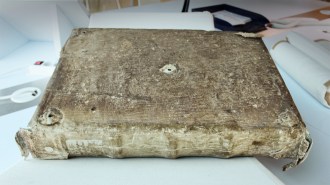 Anthropology
AnthropologyRare books covered with seal skin hint at a medieval trade network
The furry seal skins may have made their way to French monasteries from as far away as Greenland.
By Alex Viveros -
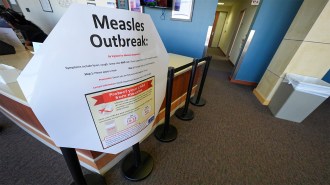 Health & Medicine
Health & MedicineThe U.S. measles outbreak shows no signs of slowing
As a second Texas child dies from the preventable disease, HHS Secretary Kennedy is now urging measles vaccination yet still touting unproven treatments.
-
 Climate
ClimateSolar geoengineering moves into the spotlight as climate concerns grow
As global temperatures rise, scientists debate the pros and cons of solar geoengineering, a strategy to cool Earth by reflecting sunlight into space.
-
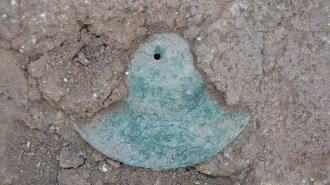 Archaeology
ArchaeologyAncient Arabian cymbals ring up Bronze Age musical connections
Copper instruments discovered at a 4,000-year-old site in Oman echo ritual influences from South Asia.
By Bruce Bower -
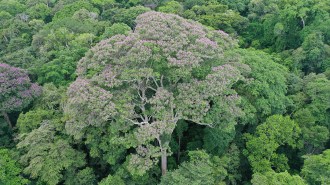 Plants
PlantsSome tropical trees act as lightning rods to fend off rivals
Though being struck by lightning is usually bad, the tropical tree Dipteryx oleifera benefits. A strike kills other nearby trees and parasitic vines.
-
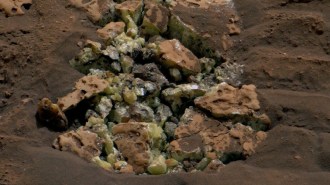 Planetary Science
Planetary ScienceCheck out some of the weird rocks that have turned up on Mars
Some of the unusual rocks carry stories about water on Mars. One has hints of long-gone microbes. All tell of a dynamic, complex planet.
-
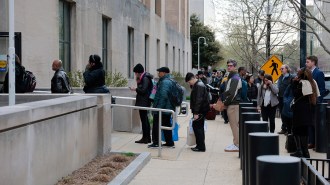 Health & Medicine
Health & MedicineHow U.S. public health cuts could raise risks of infectious diseases
Deep funding cuts and widespread layoffs impact everything from local public health outreach to global disease surveillance, making us more vulnerable, experts warn.
-
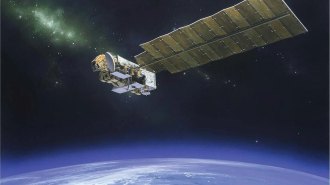 Earth
EarthThe ozone layer shields life on Earth. We’ll soon lose a key way to monitor its health
Imminent loss of NASA's Aura and Canada's SCISAT will severely diminish scientists’ ability to monitor ozone-depleting substances in the stratosphere.
By Nikk Ogasa -
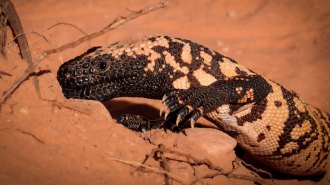 Life
LifeGila monsters may struggle to survive climate change
The Mojave Desert may lose and gain suitable habitat for Gila monsters. But the unathletic reptiles might be mostly stuck in the waning oases.
By Jake Buehler -
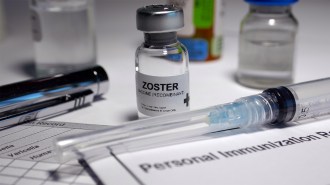 Health & Medicine
Health & MedicineA shingles vaccine may also help reduce dementia risk
Analysis of a Welsh program offering live-attenuated shingles vaccines to people born after a certain date showed a 20 percent relative drop in dementia risk.
By Alex Viveros -
 Space
SpaceFermenting miso in orbit reveals how space can affect a food’s taste
A miso test on the International Space Station shows fermenting food is not only possible in space, it adds nuttier notes to the Japanese condiment.
-
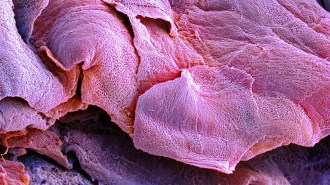 Health & Medicine
Health & MedicineSkin cells emit slow electric pulses after injury
The electric skin cell signals, which move at glacial pace compared to those in nerve cells, may play a role in initiating healing.